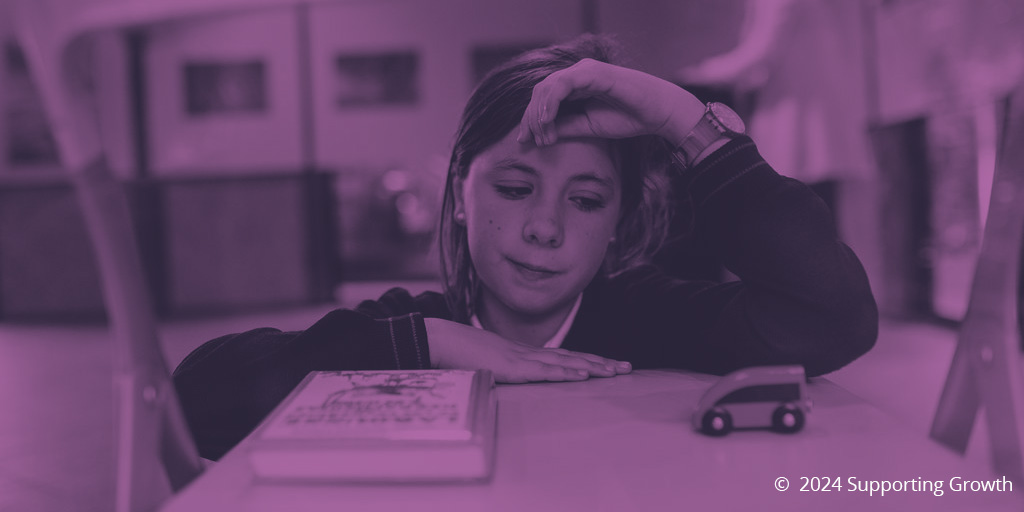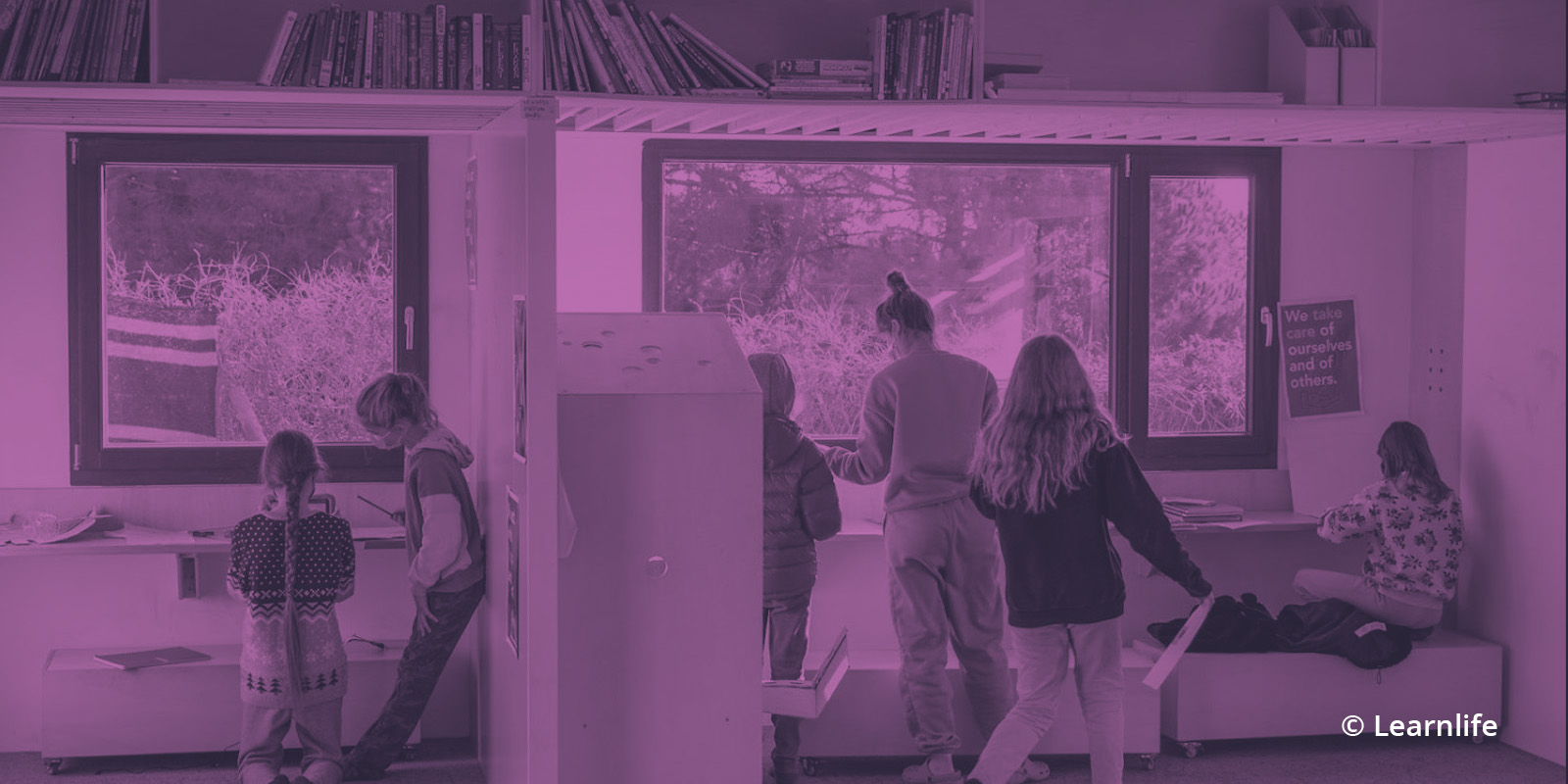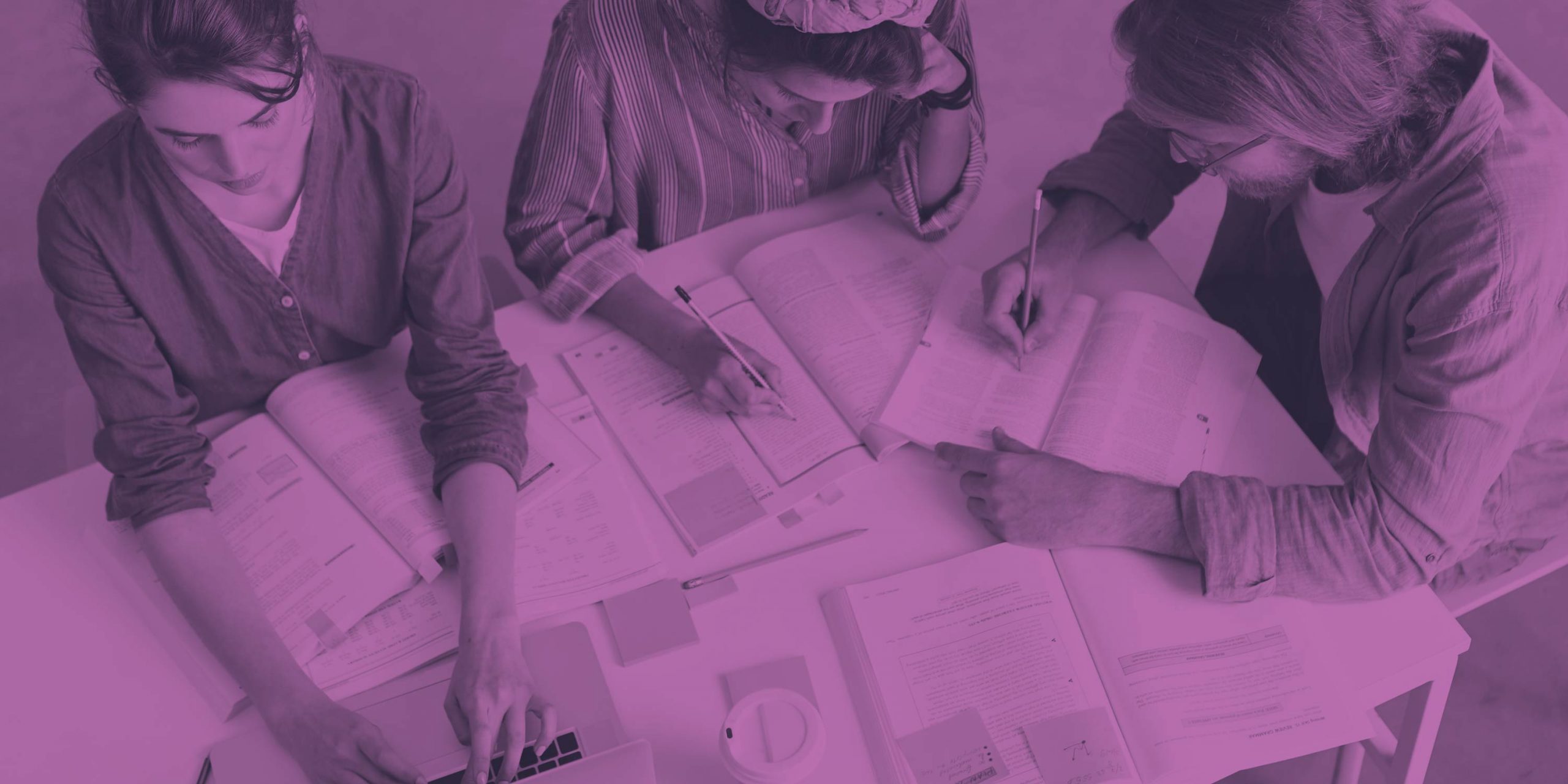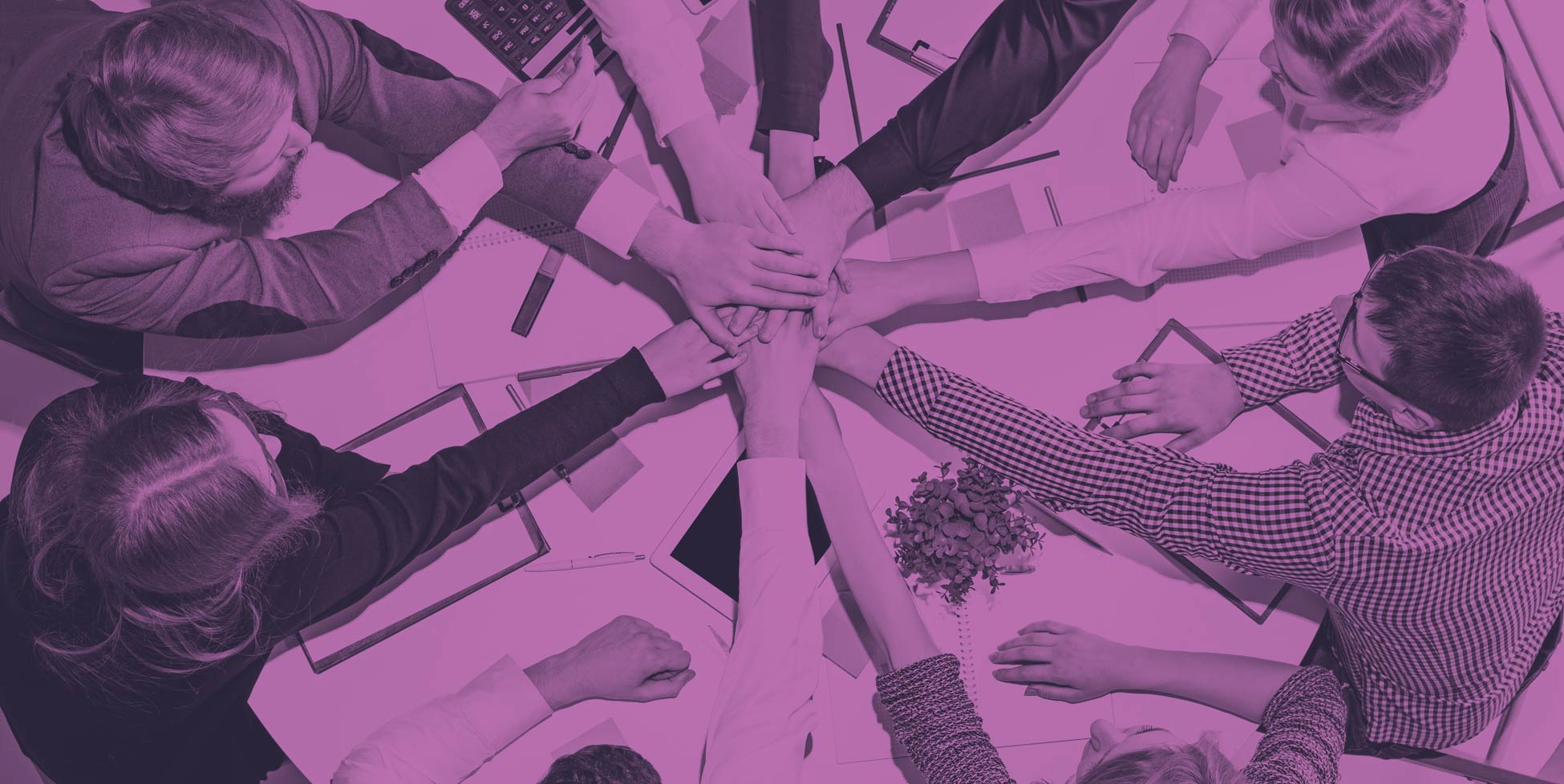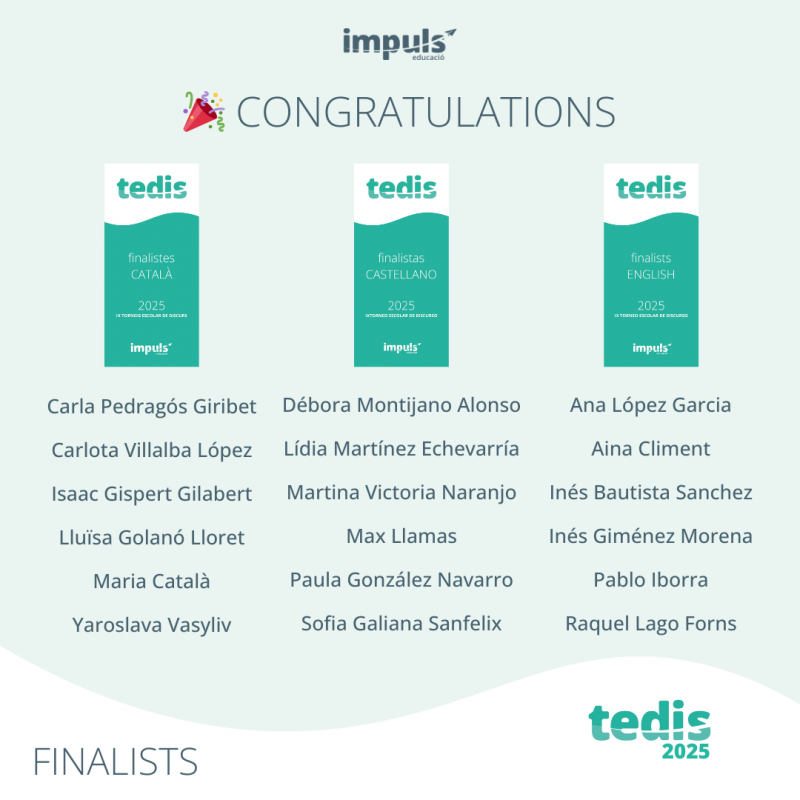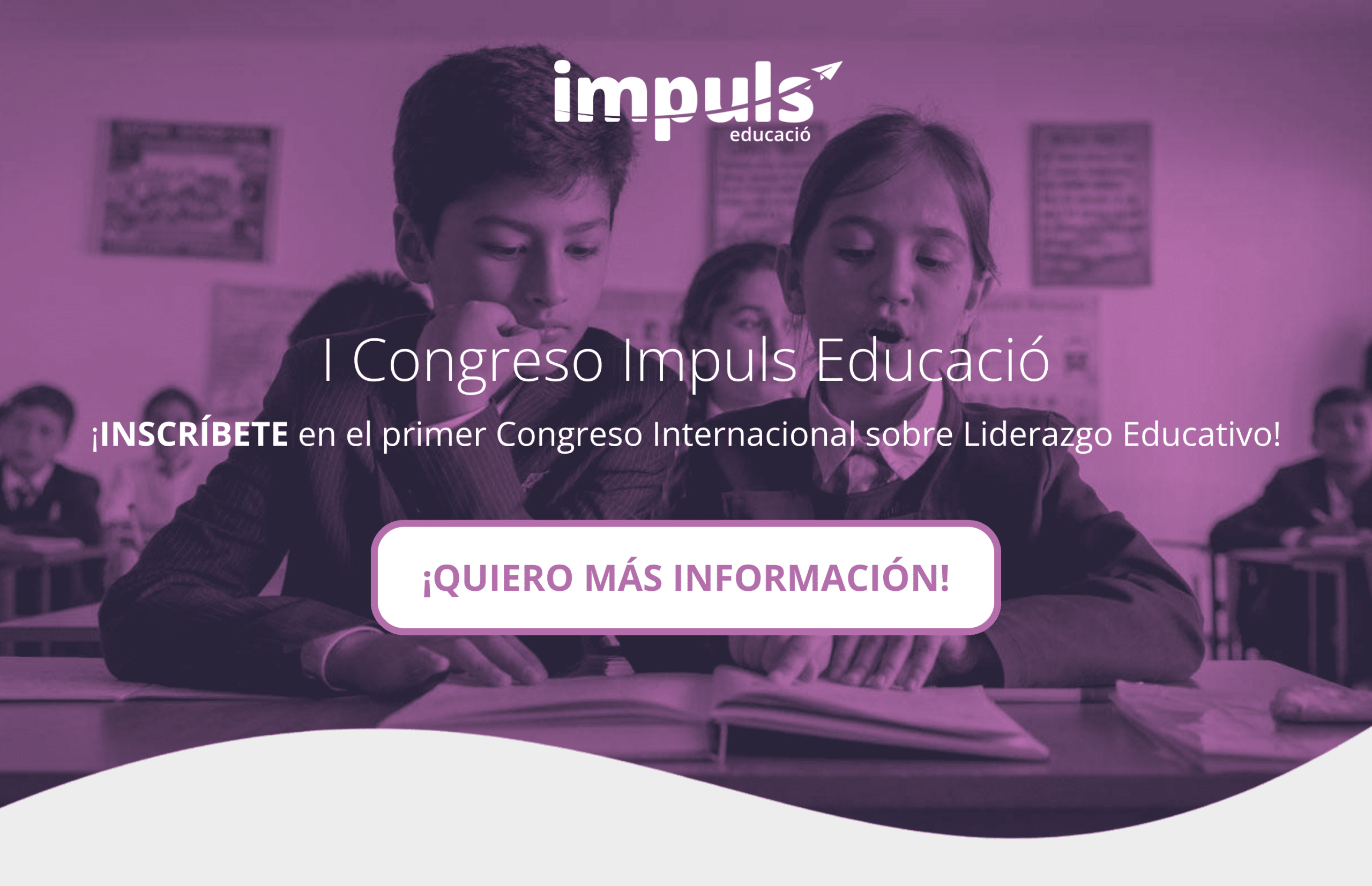In an ever-changing world and society, teachers trained for lifelong learning are needed. Changes in education come about through teachers, who are the real agents of change. As Melvin Ainscow1states, teachers are the real ‘policymakers’; when the classroom door closes, they have full control over what happens inside.
Four factors for change
For truly quality educational transformation, every teacher’s capacity for change has to be managed. There are four factors2 in capacity-building for change: 1) Development of a personal vision; 2) Research; 3) Competence; and 4) Collaboration. All four are closely interrelated and mutually reinforcing.
- Development of a personal vision.We all value doing meaningful work, providing a useful service, and working with integrity. Having a personal vision of education is the starting point. The very purpose of education is what makes it important for each teacher to have a personal purpose and vision. To be aware of what our vision is, we need to reflect on questions such as: Is it relevant to me as an educator? What change am I personally trying to effect? What learning is needed to meet the challenges of today’s and tomorrow’s society? And so forth.
- Research. Formation in personal purpose requires research into how each person can achieve what is relevant to them. However, the training and fulfilment of personal purpose is not static. ‘Research is the engine of vitality and self-renewal’. Research implies extending and broadening what one values. It is a permanent conquest that is essential in constantly changing environments, such as today’s. Habits of questioning, experimenting and variety are essential. Reflective practices, personal journals, action research, innovative mentoring and peer collaboration are some of the current strategies.
- Competence. This involves mastering teaching practice and having the ideas, skills and experience to bring thoughts to fruition and achieve change. This competence is necessary to be effective, but it is also a way to achieve a deeper understanding. New mindsets emerge from this mastery, just as competence is the outcome of a new way of thinking. Those who are strong in the habit of personal mastery are continuously learning and are aware of their blind spots and incompetence and the areas where they need to grow. Competence is a process. New skills and experience are prerequisites for understanding and better judging what is good and are the path to greater effectiveness. In this way, skill and experience are central to effecting change. Competence requires solid initial training and continuous development, but it is much more than that. The habit of learning should permeate everything we do. In addition to being exposed to new ideas, we must integrate them and make them competent.
- Collaboration. The ability to interact with others and collaborate are fundamental to personal development. If we are isolated, our ability to learn is limited. The ability to collaborate, on both a small and large scale, is one of the basic requirements for society. Personal and group competence feed each other in learning organisations. Teachers need each other to learn and carry out projects.

The four drivers of change: Development of a personal vision, research, competence and collaboration
However, change is a complex process. Learning from some lessons about this process can help us avoid mistakes:
- What is important cannot be imposed.
- Change is a journey, not a fixed project. It is full of uncertainties and emotions, both positive and negative.
- We must take risks; problems and mistakes are our allies.
- All people must be agents of change. The way we think and our competence are the ultimate protection.
Where am I? Make a SELFI
The training of teachers as agents of change requires improvement in the four factors of change. The ‘SELFI – The teacher as an agent of change’ tool is designed to facilitate teacher self-assessment and reflection to help them self-regulate their lifelong learning.
Impuls Educació offers a questionnaire with the following 35 questions.

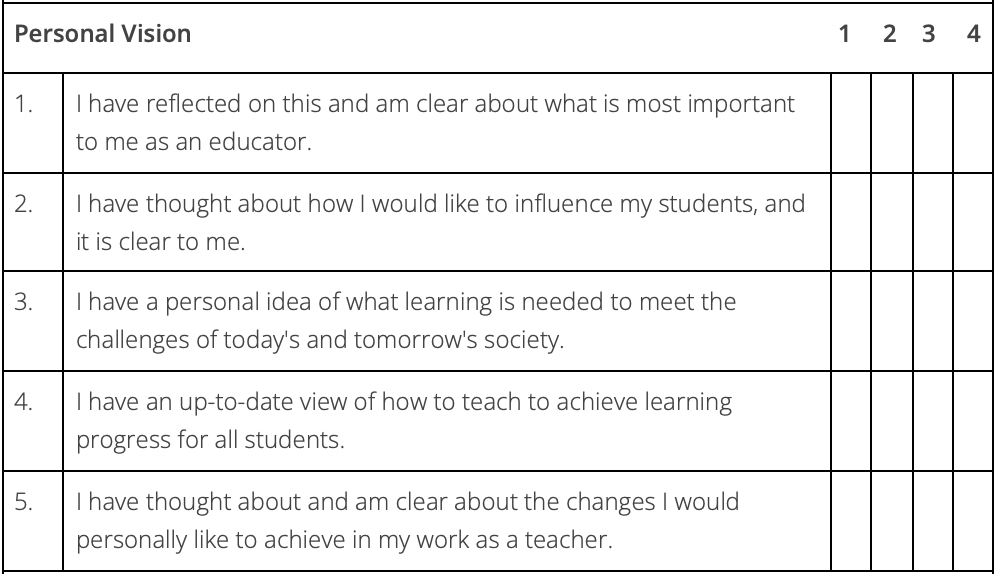
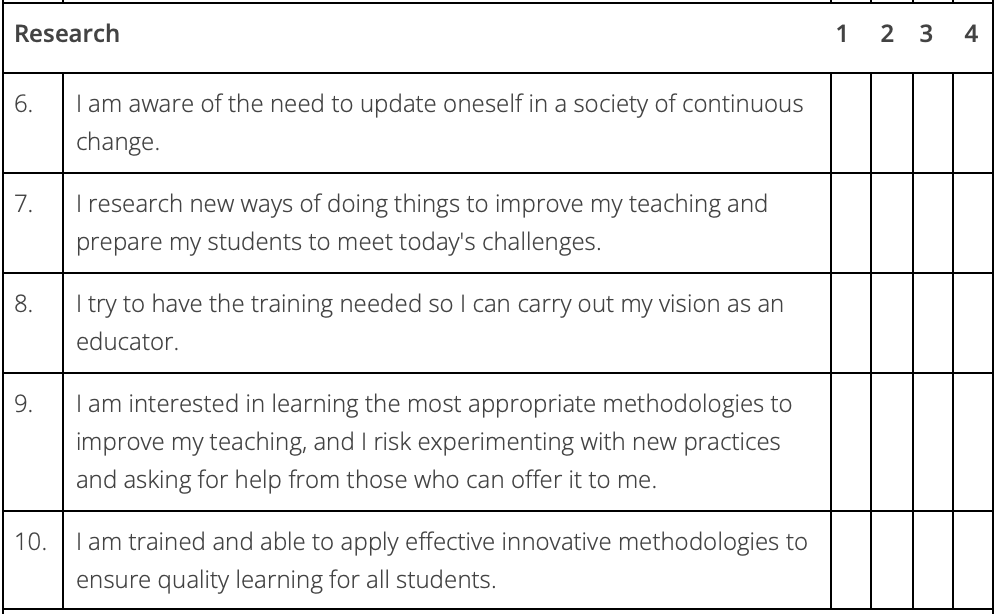
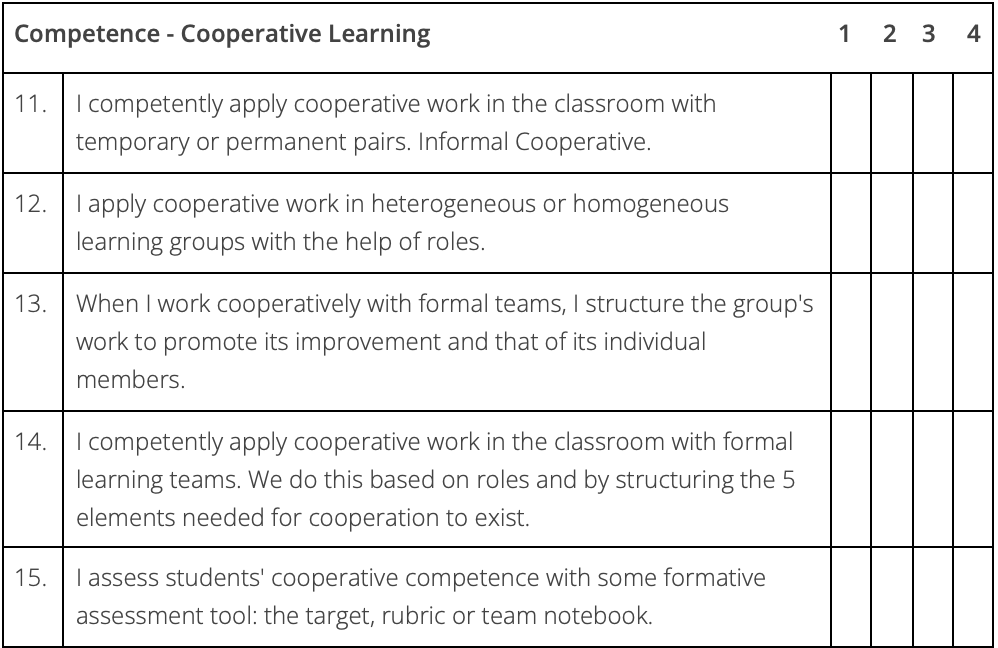
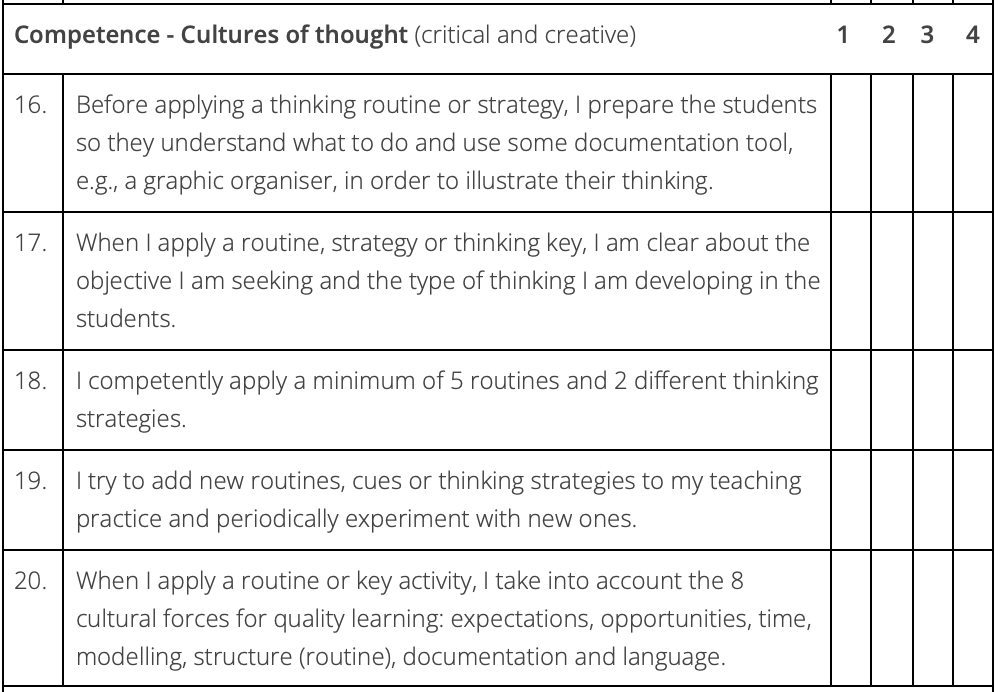
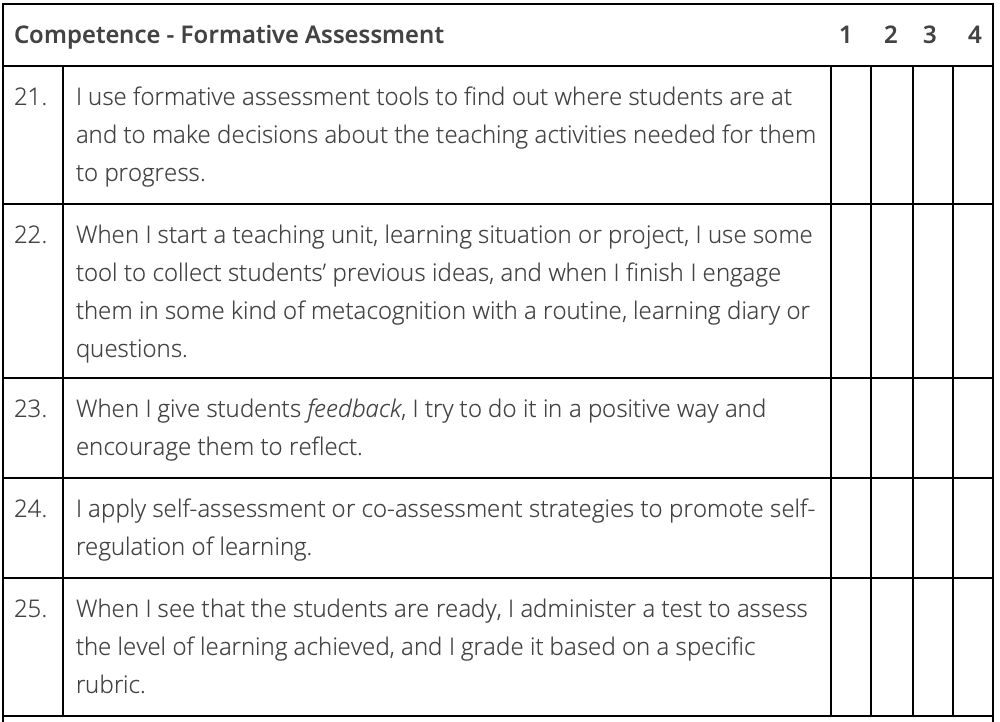
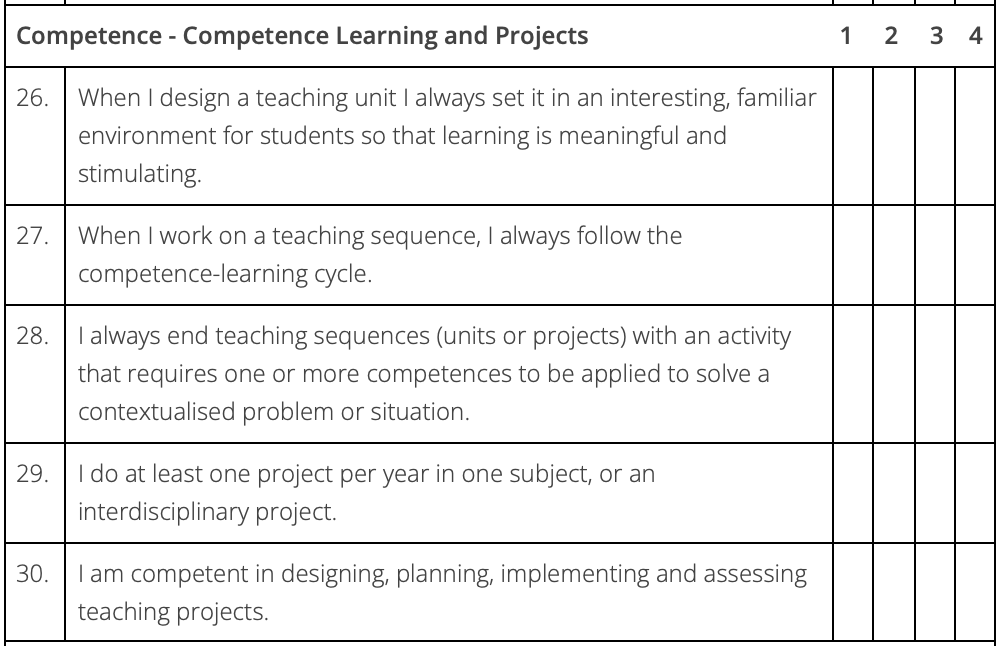
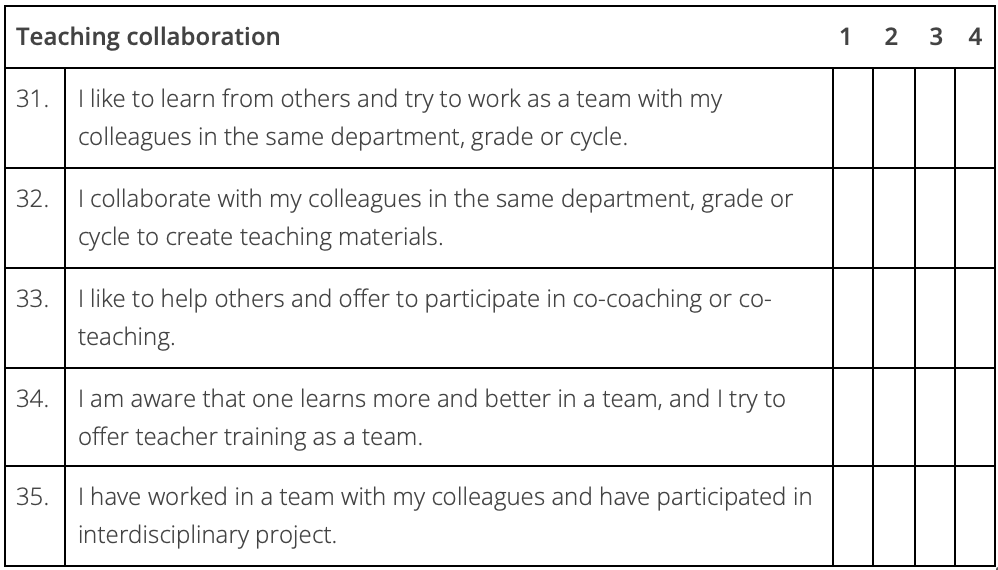
Lifelong learners. Tools to improve
The questionnaire is intended to be used as a starting point, to make a ‘personal improvement plan’. After some time, it can be taken again to see improvements and make a new plan. It is advisable for each teacher to have a ‘mentor’ or ‘coach’ to help them to design a realistic plan based on personal reflection.
A teacher who is an agent of change is a lifelong learner and expert. That is why the improvement tools must favour the development of this professional profile, and so they will mostly be offered when requested and will be voluntary. They should be varied and adapted to the needs of each teacher. Reflective practice, co-teaching or co-coaching are some of the most effective ones.
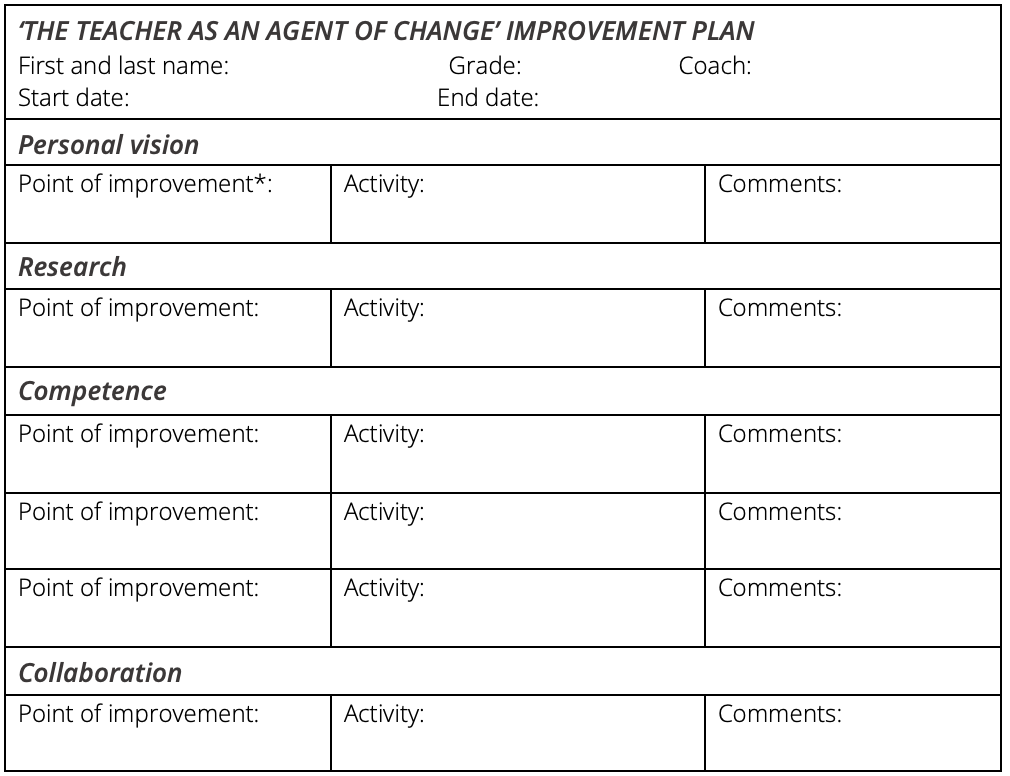
(*) Insert the SELFI questionnaire item ‘Teacher agent of change’

